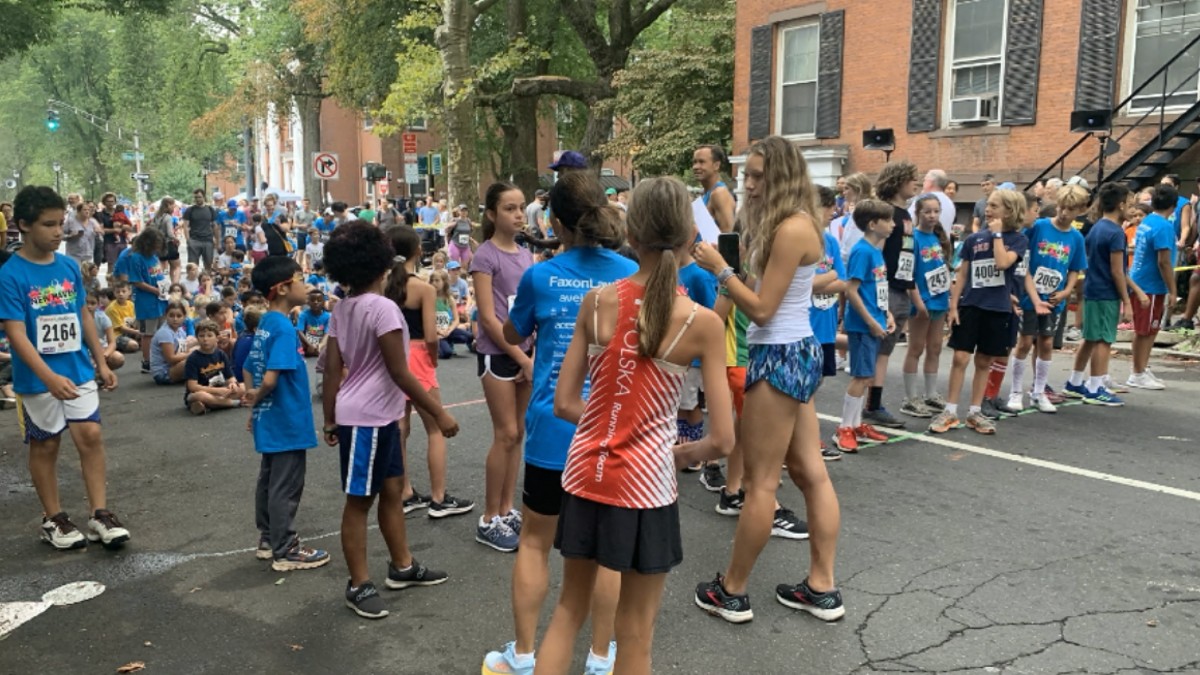
A judge said Wednesday that he would approve a plan that locks members of the Sackler family who own OxyContin maker Purdue Pharma into pumping at least another $1.2 billion into a nationwide lawsuit settlement that, if ultimately confirmed, would transform the company into a public trust.
The initial approval from U.S. Bankruptcy Judge Robert Drain set the stage for an emotional virtual hearing Thursday that will allow people recovering from addiction and those who have lost loved ones to the crisis to directly address some of the Sacklers.
Wednesday’s hearing with Drain, whose courtroom is in White Plains, New York, was more conventional. But in a topsy-turvy legal saga, even the routine matter had a twist.
States that were among the first to support earlier versions of the Purdue settlement objected to one key provision. Joined by some local governments, unions and individuals, they contended it’s unfair that the states that held out and then negotiated a larger payment from the Sacklers will receive an outsize share of the additional money to use to address the epidemic.
Get top local stories in Connecticut delivered to you every morning. Sign up for NBC Connecticut's News Headlines newsletter.
John Guard, the chief deputy attorney general in Florida, told Drain in the hearing, conducted Wednesday by videoconference, that allowing extra money for the holdout states could complicate negotiations for future nationwide opioid settlements involving other companies.
Aaron Cahn, a lawyer representing West Virginia, called the extra $277 million for the subset of states “a cash grab.”
Local
Still, Drain, who approved an earlier settlement last year, OK’d the new settlement terms, pointing out that all states would receive more money to address the opioid crisis under the deal than they would have before.
The original deal was later rejected by an appellate court judge largely because of the opposition of the attorneys general for eight states and the District of Columbia.
After the initial deal was thrown out, the Stamford, Connecticut-based drugmaker went through two months of mediation to reach a new one, announced last week.
Even if Drain approves the settlement terms Wednesday, several legal hurdles remain before the company’s entire bankruptcy reorganization plan is final, including having the 2nd U.S. Circuit Court of Appeals rule that Purdue’s overall reorganization plan is even legal. If that happens, company’s overall reorganization plan would still need to be confirmed by a bankruptcy court.
Like the original settlement, the new one would require members of the Sackler family who own Purdue to give up their ownership. It would be turned into a new company known as Knoa Pharma, with profits being used to fight an opioid crisis that has been linked to the deaths of more than 500,000 Americans over the past two decades.
Also like the original deal, the new one calls for the Sacklers to contribute cash to fight the epidemic in exchange for protection from civil lawsuits. The key difference is that the Sackler contribution would now be $5.5 billion to $6 billion in cash, rather than just over $4.3 billion and $175 million in charitable assets. The exact amount would depend on how much they bring in by selling their international drug companies.
In all, the settlement could be worth $10 billion or more over time.
Most of the money is to be used by state and local governments to counter the crisis, although $750 million is to be distributed to victims of the crisis and their survivors. More than $100 million is being set aside for medical monitoring and payments for children born in withdrawal from opioids, and Native American tribes are in line for more than $150 million.
Advocates say the money is essential to stemming the crisis. Overdose deaths have been on the rise in the U.S., exacerbated by the isolation of the COVID-19 pandemic and the widespread availability of illicit versions of the synthetic opioid fentanyl.
While Sackler family members would be shielded from civil lawsuits, they would not have immunity from criminal charges. There’s no indication any are in the works, but seven Democratic U.S. senators called upon the U.S. Department of Justice last month to consider charges.
Also under the new plan, a longer list of company documents would now be made public. Family members also agreed not to resist if educational and cultural institutions to which they’ve donated want to remove their name.
Another part of the new deal recommended by the mediator is Thursday’s airing of statements from people whose lives were devastated by the crisis, either by losing loved ones or years of their own lives to addiction. The names of the speakers who will represent millions of people affected by the crisis have not been announced.
It will be the first opportunity for them to address Sackler family members directly in a public setting. It’s not clear which of the Sacklers will attend, but there are to be at least two of them — and they are not to speak.
“No one can possibly underestimate how historic tomorrow’s session will be,” Arik Preis, a lawyer representing Purdue’s creditors, told Drain on Wednesday.
Purdue and the Sacklers have long been cast as prime villains in the opioid crisis. The company has twice pleaded guilty to criminal charges over the way it promoted and sold its signature painkiller OxyContin, an innovative extended-release opioid painkiller first marketed in 1996.
People discovered they could manipulate the drug to get large doses of opioids at once — something the company eventually took steps to make more difficult.
At the same time, the company was working to persuade doctors to prescribe opioids for more types of pain, including those for which the powerful drugs had previously been considered out of bounds.
Other drugmakers, distributors, marketers and pharmacies involved in the opioid industry have faced similar lawsuits from state and local governments, Native American tribes and other entities.
Last month, drugmaker Johnson & Johnson and wholesalers AmerisourceBergen, Cardinal Health and McKesson announced they were finalizing settlements worth a combined $26 billion. As in the proposed Purdue settlement, most of that money is required to be used to fight the crisis.



